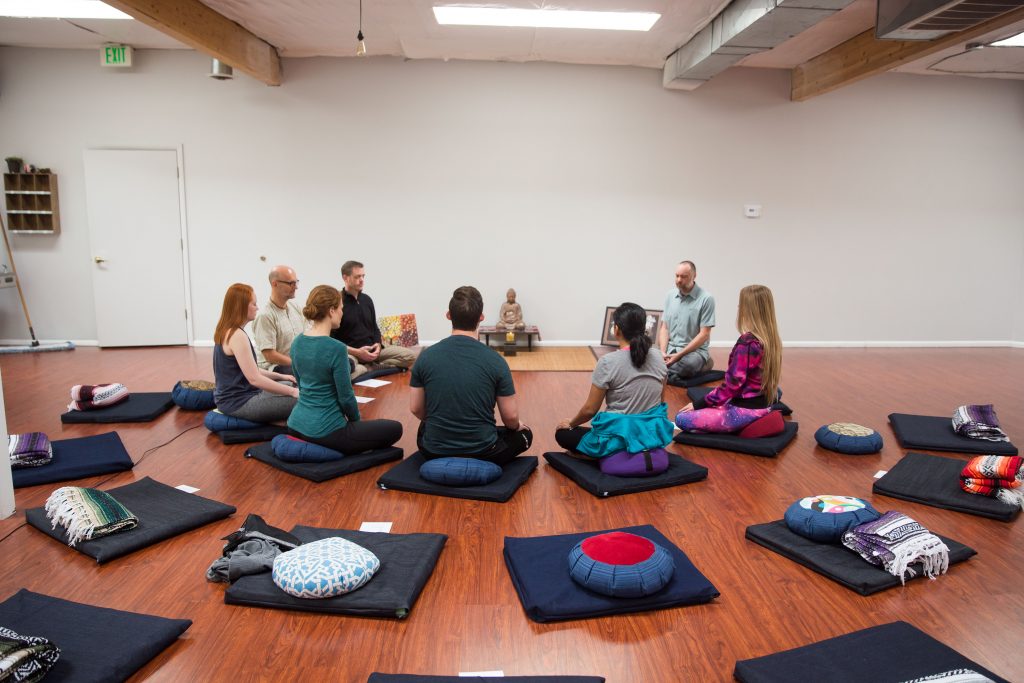
Nuclear chain of command
We would never give a button that could destroy the entire existence of humankind to a single person, so we should not give nuclear codes with the same effect to one man either. In the US nuclear chain of command, the president has the sole power to launch nuclear warheads. No one, not even Congress or the secretary of defense, has the legal authority to stop him. With tensions mounting between the United States and North Korea, the nation must do something to resolve our vulnerability to abuse of presidential power. Despite the hazards this creates, the president alone is given the power to enact nuclear war for good reason. In a world where missiles only leave minutes until impact, we need someone who can automatically respond to threats. However, this justification falls short when it is the US attacking. During preemptive attacks, timeliness becomes less of a priority. Therefore, it is critical that the US adopts legislation that adds Congress to the chain of command in preemptive nuclear strikes. Adding Congress to the process will prevent unlawful presidential orders from passing, and would give Congress legitimate legal ground to do so. If the nation does nothing, if we the people assume that things will work out and do not push for reform in the nuclear chain of command, we put ourselves at risk for sending our husbands, our brothers, our sons and our friends to fight and die for an unjustified moment of passion in the White House.
Emma Rau
Centennial, Colorado
Four Noble Truths
On my full-time mission to Cambodia, I was exposed for the first time to the beliefs and culture of a predominantly Buddhist country. While among them, I was able to see first-hand how a mostly uneducated people stricken with poverty and extremely affected by a recent genocide could remain happy in an environment seemingly hostile to joy. A fundamental part of Buddhist doctrine, the Four Noble Truths, stands out to me as the reason Cambodians find joy even in the darkest of circumstances. According to holy writ, the Four Noble Truths are 1) There is suffering in the world, 2) Suffering comes from wanting, desiring, craving, 3) The way to stop suffering is to stop wanting 4) This can be achieved by following the Eightfold path. Accepting these four truths “express(es) the basic orientation of Buddhism” (Four Noble Truths). It wasn’t long after returning home from my mission that a drastically different culture began to impress upon me my community’s inability to feel true happiness even in a much more privileged environment. The atmosphere of the BYU campus permeates dissatisfaction and most students can relate to a constant internal nagging that they are not measuring up to the high standards that are expected. According to recent studies, anxiety and depression on college campuses are on upward trends. Even more alarming, the leading cause of death among college students is suicide. Increasing anxiety and depression, suicide and unhappiness are not caused by external sources, but by internal belief systems. If BYU students internalized the Four Noble Truths, feelings of happiness would replace depression and anxiety.
Emily Pace
Highland, Utah
Cultural appropriation
Chances are if you’re white and you dress up as someone of another race, you’ll offend someone no matter how respectful you try to be. It’s vital to the persistence of peace between cultures and nations to do our best not be ignorant or disrespectful, but we must also understand that people make mistakes. If we react to people’s unintentional offensive behavior with anger and hatred, we’ll breed ignorance and antagonism in our society. We shouldn’t be so quick to condemn someone as an obstinate bigoted racist before we look to see where their perceived offensive behavior is coming from. People are afraid to talk about race until someone offends them. This mindset leads to issues such as cultural appropriation. With Halloween on the horizon we should begin the discussion before anyone breaks out their headdresses or sombreros.
While it is so important to be respectful of another person’s culture, we should be more lenient on crucifying people for cultural appropriation. Intent can’t always excuse a person’s actions, but having innocent intentions when dressing up as a person of another race should be motivation for us to mitigate our aggressive responses. Instead of angry reactions, we should all participate in cultural education for ourselves and our peers. Race is not a taboo subject. If we talk about it a little more and relax our belligerence, we will be able to draw the definitive line between appropriation and appreciation of other cultures.
Molly Bailey
Nairobi, Kenya




